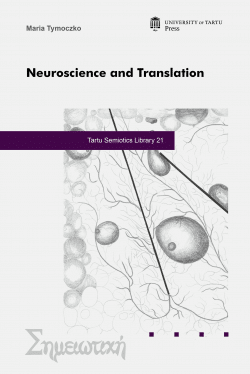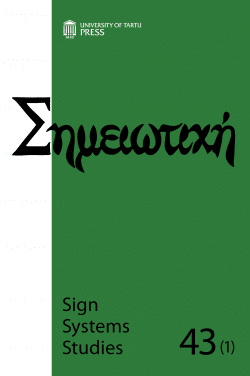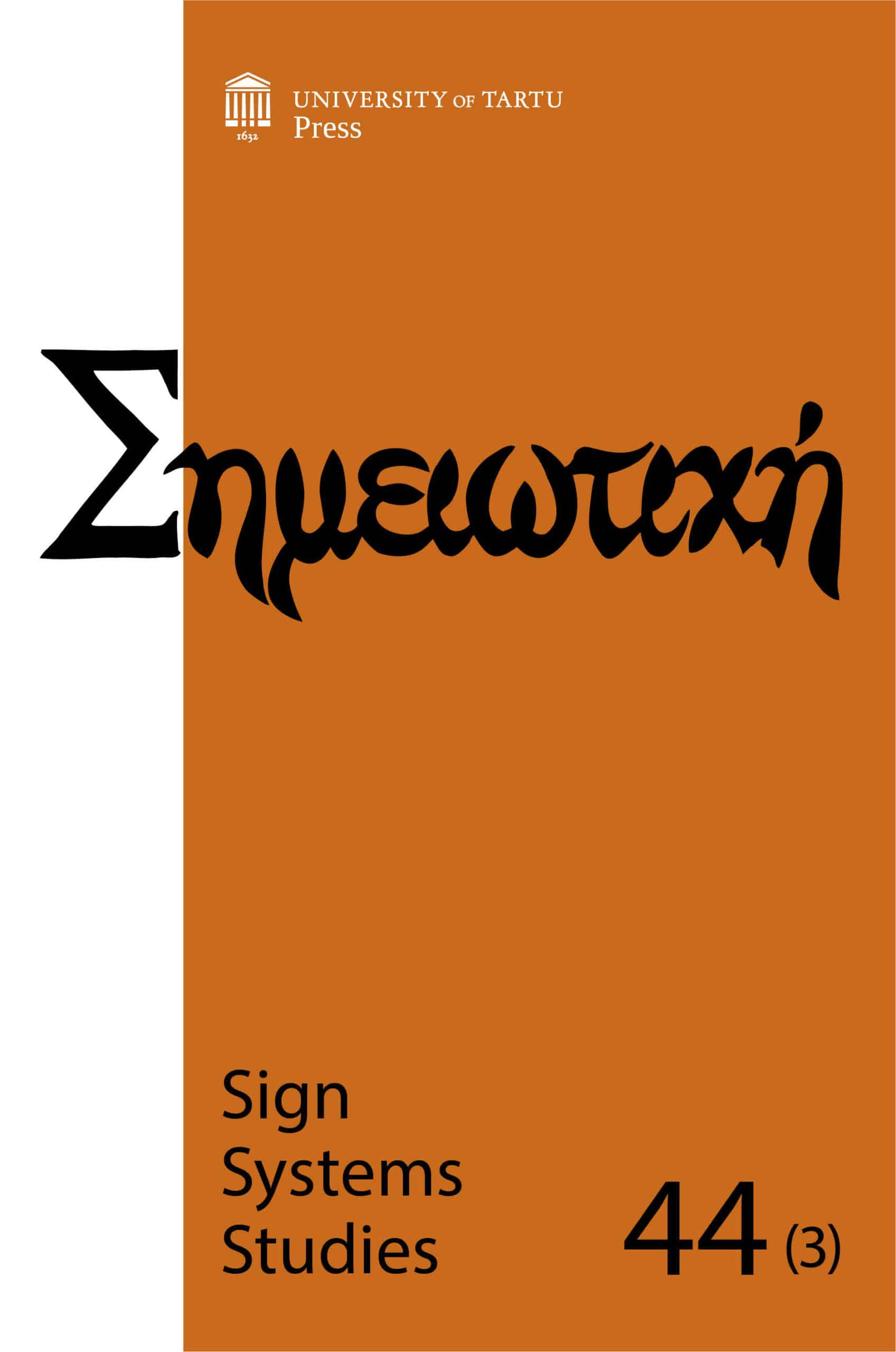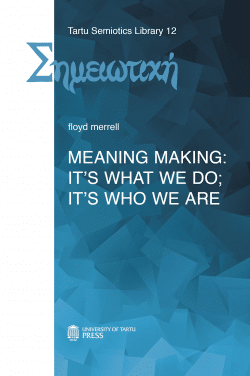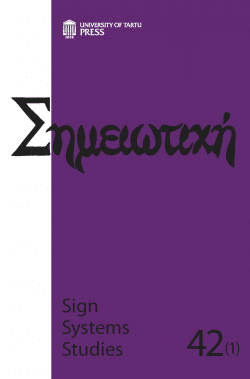Neuroscience and Translation
35.00 €
Conditions of saleMany of the basics of the neuroscience of perception, memory, plasticity, attention, decisions, choices, and control have achieved consensus. Accordingly it is now possible to use this research to investigate the implications for cognition and behavior associated with language, multilingualism, and translation, as well as related phenomena such as semiosis and cross-cultural communication. (P. 12)
We are “born to choose”. Belief in one’s ability to exert control over the environment through choice is essential to well-being. People desire both choice and control. Translation is an activity that instrumentalizes these functions. (P. 357)
Maria Tymoczko is Professor of Comparative Literature at the University of Massachusetts Amherst. She holds three degrees from Harvard University, where she studied the topics discussed in her research and publications: the sciences, medieval languages and literatures, and topics related to translation theory and practice. Her books include The Irish “Ulysses” (University of California Press, 1994), Translation in a Postcolonial Context (St. Jerome Publishing, 1999), Enlarging Translation, Empowering Translators (St. Jerome Publishing, 2007), and several edited volumes on translation research.

